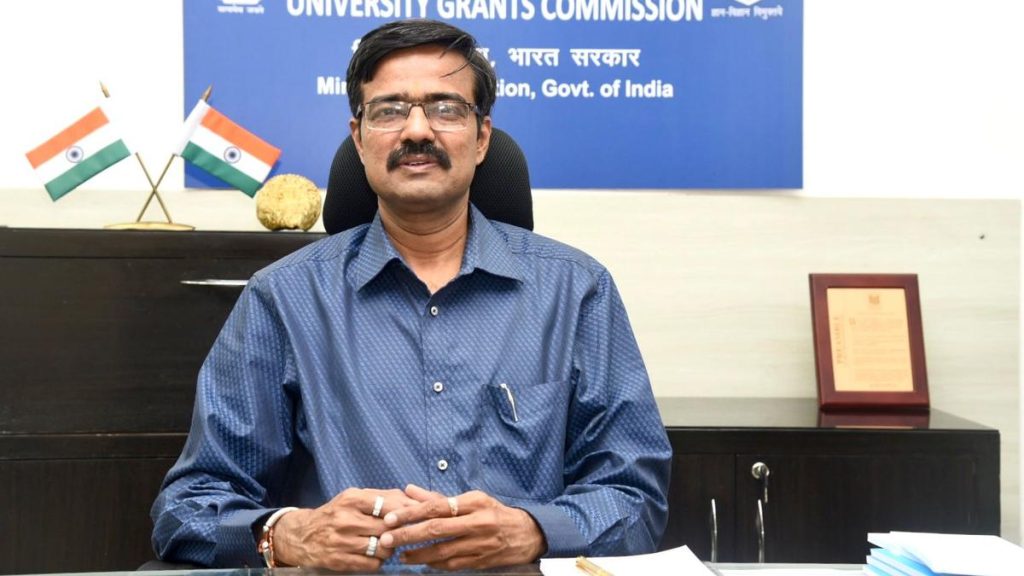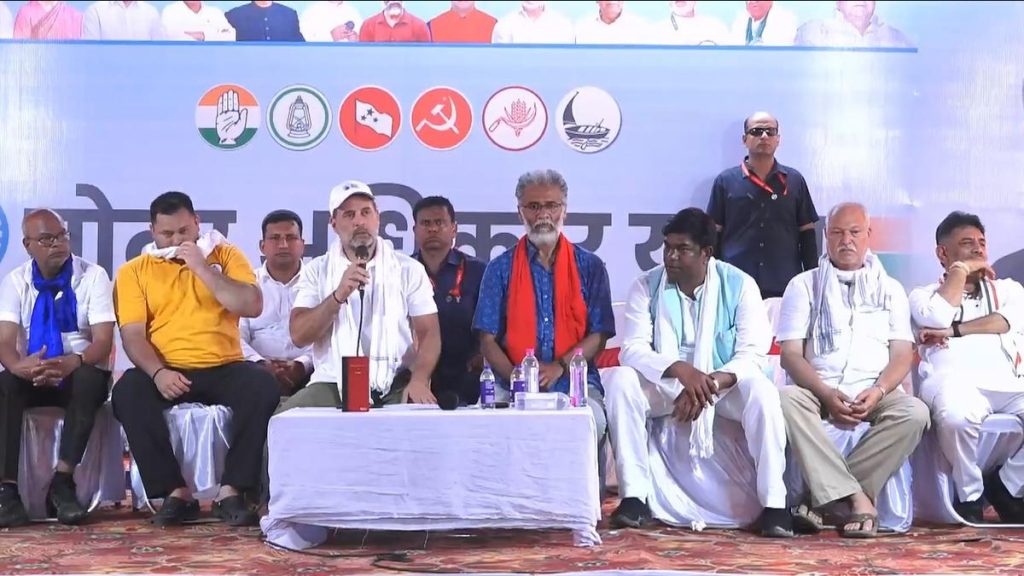Now Reading: Melting Glaciers Linked to Increased Volcanic Eruptions Globally
-
01
Melting Glaciers Linked to Increased Volcanic Eruptions Globally
Melting Glaciers Linked to Increased Volcanic Eruptions Globally
Fast Summary
- Link between glaciers and volcanoes: New research presented at the Goldschmidt Conference highlights how climate change connects melting glaciers to increased volcanic activity.
- Main Finding: Retreating glaciers caused by global warming release pressure on underlying magma chambers,possibly leading to more frequent and explosive volcanic eruptions.
- Key Regions studied: The study focused on continental volcanic systems in areas like Antarctica, North America, New Zealand, and Russia; six volcanoes in the Chilean andes were specifically analyzed using argon dating and crystal analysis techniques.
- Historical Insight: During the last Ice Age,thick ice sheets suppressed volcanic eruptions; their melting triggered enhanced eruptive behavior by relieving magma pressure.
- scientific Observations: Glacial retreat accelerates changes underground that can take centuries but allows for better prediction of eruption timelines thru advanced monitoring techniques.
- Climate Feedback Loop Warning: Explosive eruptions could release aerosols temporarily cooling temperatures but would eventually contribute to long-term warming via greenhouse gas emissions – creating a cycle of glacier melting and increased volcanism.
Indian Opinion Analysis
This research underscores the interconnectedness of geological phenomena with climate change-proving that environmental shifts influence not only ecosystems but also Earth’s deeper processes. For India, this has broader implications as it balances commitments to combat climate change with preparedness against potential indirect impacts of global tectonic activity. While Indian regions are not directly highlighted in this study’s findings about glacial-volcanic systems, India’s role as a key player in international climate policy means it must acknowledge how these cascading effects could influence neighboring geographies or global temperatures over time.Further interdisciplinary collaboration between environmental sciences and disaster risk management could be essential for nations worldwide-including india-to anticipate both direct effects (e.g., extreme weather) and indirect geological consequences tied to ongoing climate challenges.
Read More: Discover Magazine Link
























